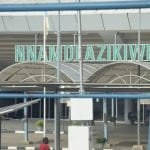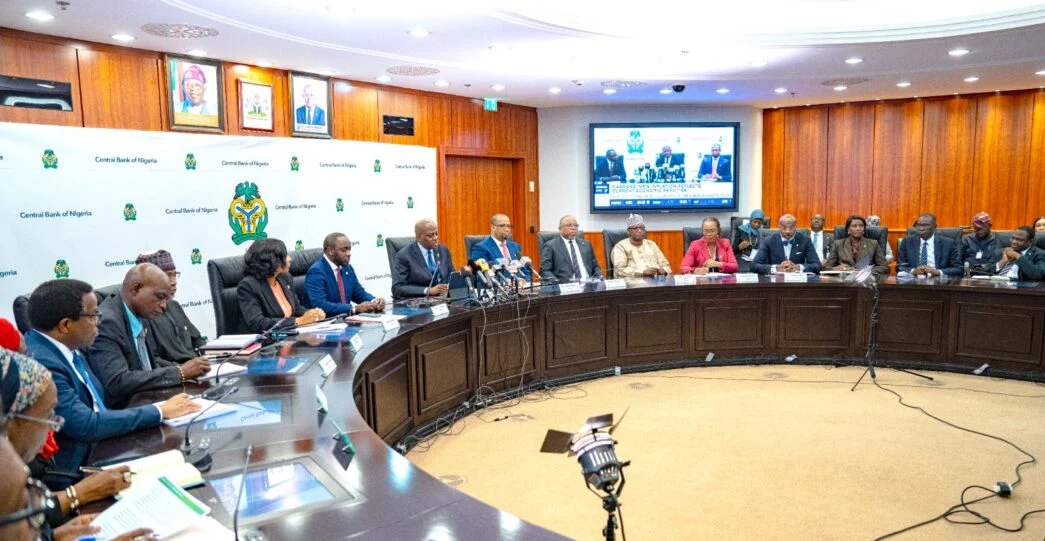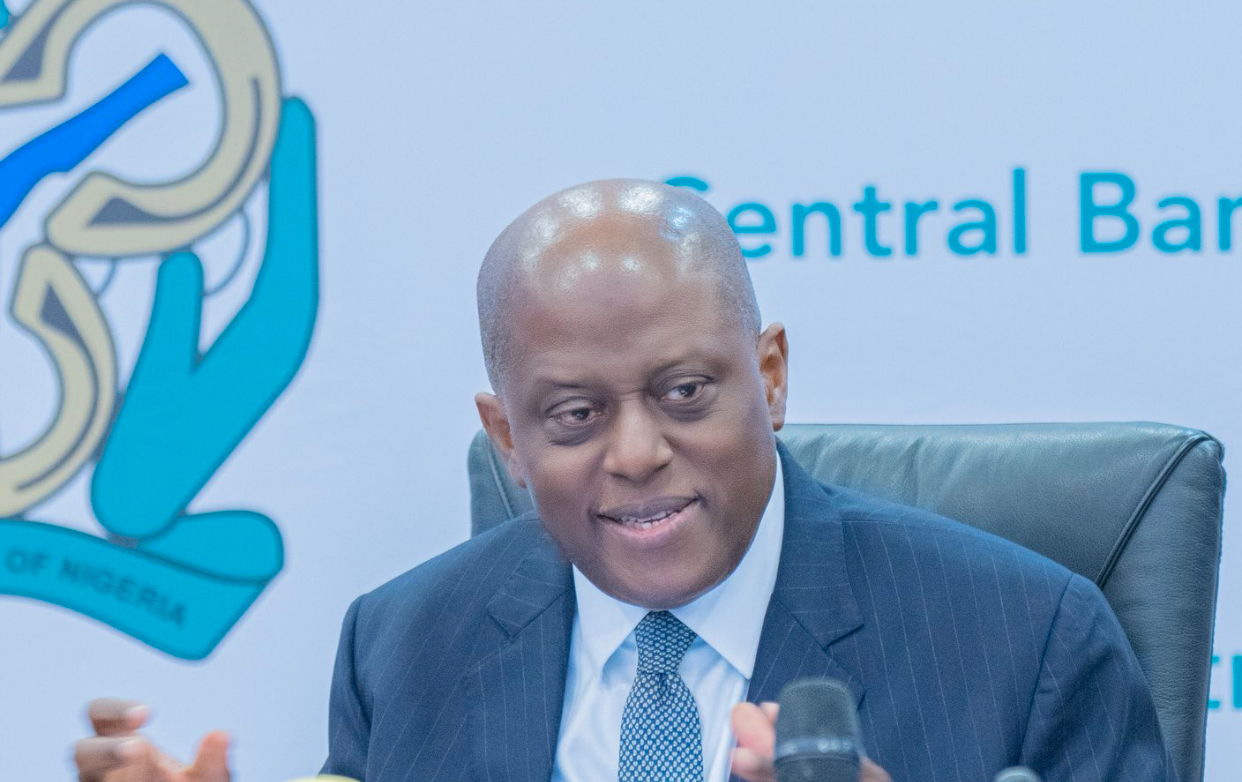… announces extra lending from banks by companies, individuals
In response to the impact of COVID-19 on global and the Nigerian economy, monetary and fiscal authorities in the country have unleashed comprehensive measures to stimulate the economy to the tune of N3.5 trillion.
The fiscal measures are to stave off Nigeria’s economy from sliding into recession.
The stakeholders under the aegis of the Bankers’ Committee comprising the Chief Executive Officers of banks and chaired by the Central Bank of Nigeria (CBN) Governor, Mr Godwin Emefiele, discussed the significant health and economic crisis caused by the novel Coronavirus (COVID-19) which had resulted in global infections, disruptions in global supply chains, travel restrictions and turmoil in the international financial markets.
Among the interventions announced by the Bankers’ Committee are activation of the N1.5 trillion InfraCo Project for building critical infrastructure in Nigeria, N100 billion healthcare loans to pharmaceutical companies, practitioners intending to expand or build their capacity, and N1 trillion loans to boost local manufacturing and production across critical sectors.
The committee also created a N50 billion targeted credit facility for affected households and small-medium enterprises (SMEs), and directing all oil companies both international and domestic as well as oil service companies to henceforth sell foreign exchange to the CBN and stop selling to the Nigerian National Petroleum Corporation (NNPC).
The committee also approved lower interest rates to encourage significant extra lending from banks by companies and individuals, reduction of CBN’s interest rate from 9 per cent to 5 on its intervention facilities with one year moratorium for one year.
The CEO of banks and officials of CBN said the interventions particularly in the nation’s health industry became imperative following disruptions in global supply chains including dominant drug supply channels from China and India.
“In fact, many countries have or are planning to ban export of drugs and medical supplies from their countries.
“Clearly, we have no choice but to produce these items (drugs etc) locally,’’ the committee said.
It also identified some key pharmaceutical companies to be granted some credit facilities and foreign exchange to support procurement of raw materials and equipment to boost local drug production.
Among the companies so far identified are Emzor, Fidson, GSK, May & Baker, Unique Pharma, and Swiss Pharma.
Others are Neimeth, Sagar, Orange Drugs and Dana Pharma.
























Leave a comment